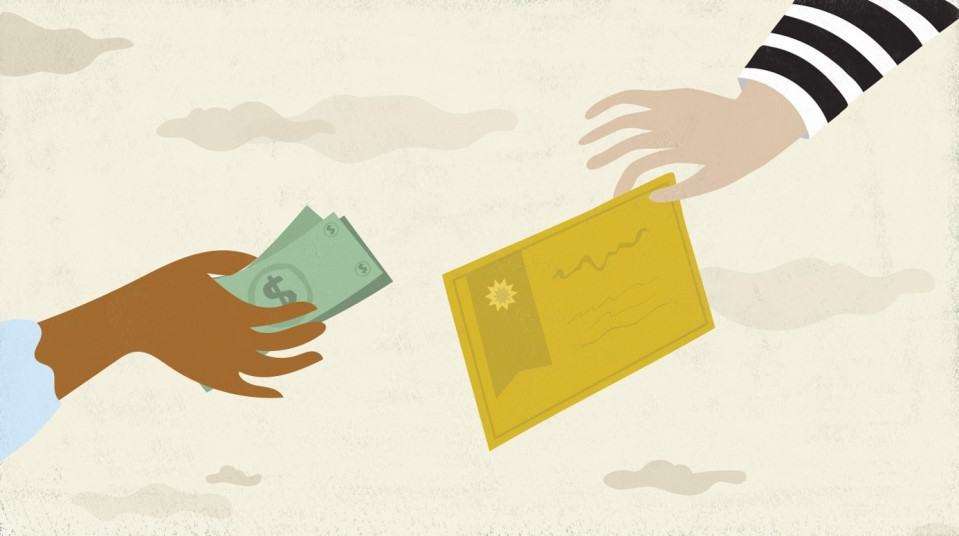Written by: Jasmin Saidi-Kuehnert

On June 10th, ACEI hosted a webinar on “How to Spot Fake Online Programs,” with Allen Ezell, as our special guest. If there was a moment in time that I held my breath for the entirety of a talk, it was during Allen’s presentation yesterday. He had us all on the edge of our seats as he took us on a journey into the dark crevices of diploma mills, accreditation mills, fake diplomas and the people running these criminal operations.
For those not familiar with Allen, which is hard to imagine, given how prolific he has been with his contributions to our field of international education when it comes to detecting fraud, he served in the FBI as a Special Agent handling all aspects of White Collar Crimes including accounting fraud and education fraud. He was part of FBI’s Operation DIPSAM (Diploma Scam) where he himself obtained about 40 fake degrees just to prove how easily attainable they were. Allen may have retired from the FBI, but he continues to be the tireless investigator of crimes related to fraud, revealing the hucksters and scam artists who run these outfits and is relentless in his pursuit to bring them to justice.
The growth of online programs and MOOCs (Massive Online Open Courses) has changed the higher education landscape. And now with the global pandemic that has forced many legitimate institutions in offering their courses online, the door has been pushed further open for the diploma mills to step in and showcase their fake online courses and degree programs. Their marketing tactics can be very persuasive, but there are some red flags to look out for to make sure you are not dealing with a fake school offering fake programs.
Using fake diplomas in order to get ahead is not a new phenomenon. As long as there is competition for jobs and admission to higher education, there will be people who are willing to take such shortcuts.
Allen shared an extensive toolkit for us to use to help us spot fake online schools and programs. Here is a sample of a few of his tips:
- Websites make board grandiose statements about their campus and faculty, for example: claiming to be the world’s largest or best university
- Advertisements appear on the website promoting products and services unrelated to education (legitimate universities don’t post advertisements on their websites)
- No normal phone number is provided; only a toll-free number
- Offer discounts on courses
- Domain names end in .com, .us., .org., .net., .education
- No physical addresses provided on the website
As credential evaluators, we strive to do our due diligence in verifying the authenticity of academic documents and legitimacy of the institutions issuing them. Staying vigilant, honing our detection skills and remaining observant with a keen eye is par for the course.
If you missed our webinar and are interested in listening to this recording, please email us at [email protected] and let us know you’d like the link to “How to Spot Fake Online Programs.”

Jasmin Saidi-Kuehnert is the founder, President and CEO of Academic Credentials Evaluation Institute, Inc.
![]()
The Academic Credentials Evaluation Institute, Inc. (ACEI), was founded in 1994 and is based in Los Angeles, California, USA. ACEI is a full-service company providing complete and integrated services in the areas of international education research, credential evaluation, and translation. ACEI’s Global Consulting Group®, offers expertise in the following specialties: Media and Branding, Global Pathways, and Diversity, Equity and Inclusion (DEI) to interested institutions and organizations around the globe. https://acei-global.org/


